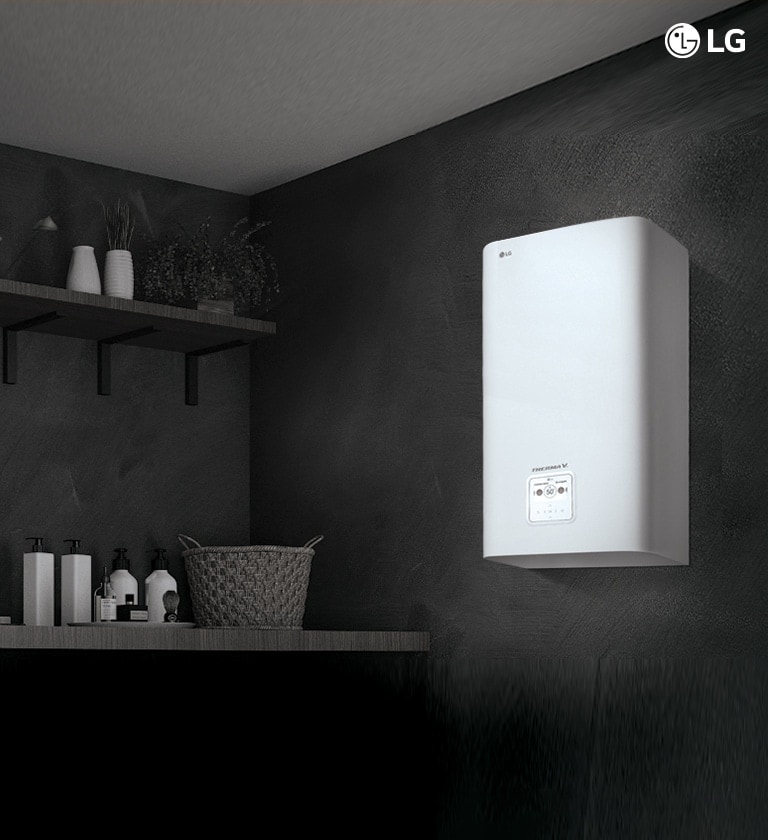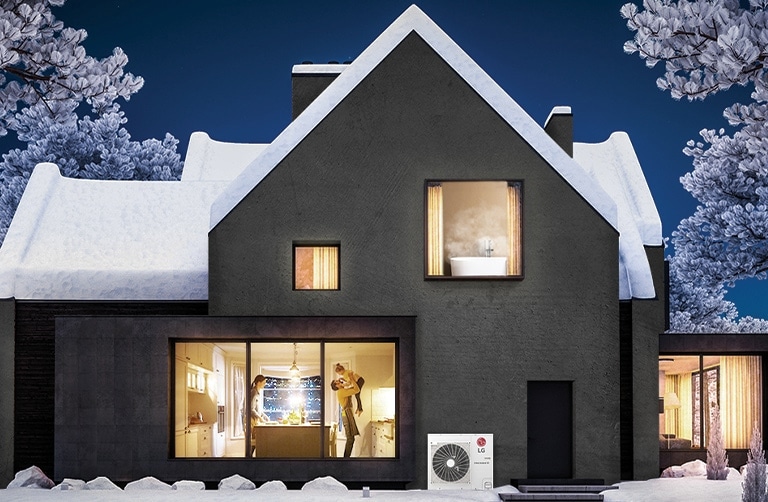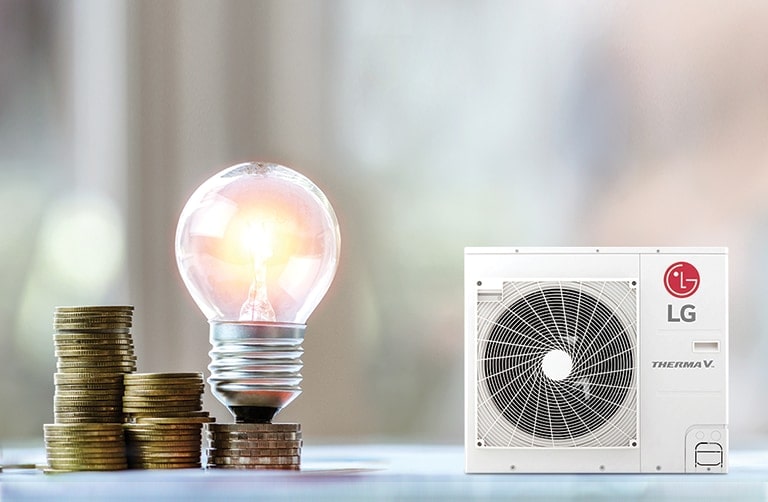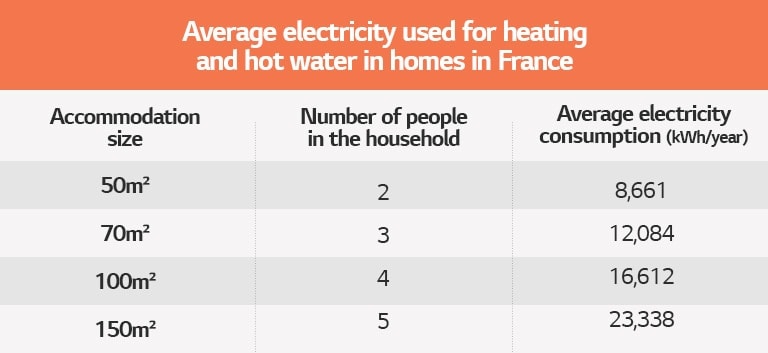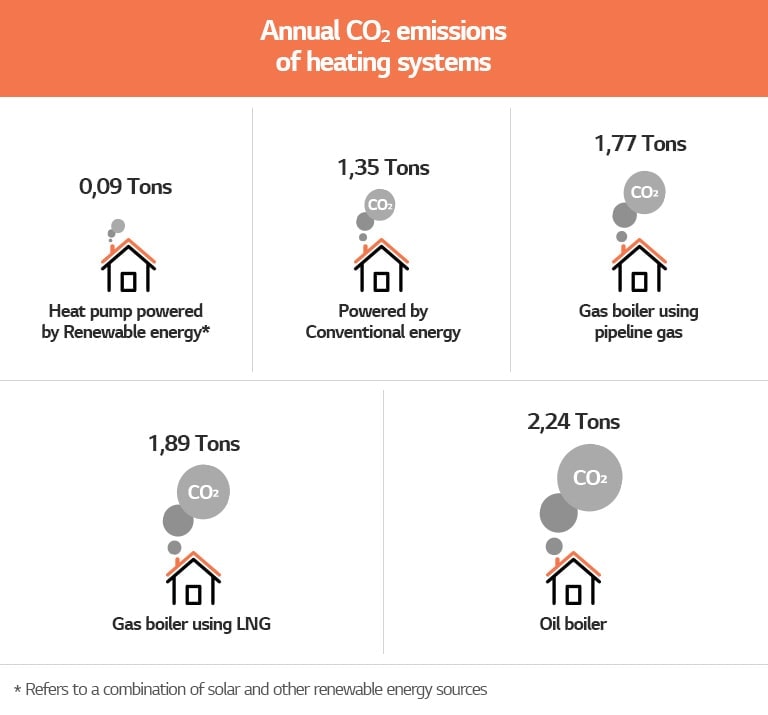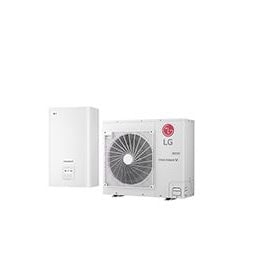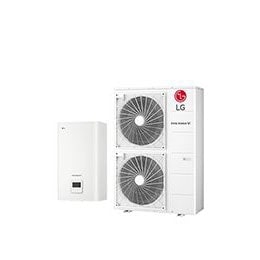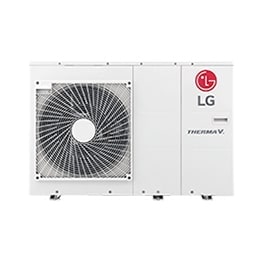We use cookies, including cookies from third parties, to enhance your user experience and the effectiveness of our marketing activities. These cookies are performance, analytics and advertising cookies, please see our Privacy and Cookie policy for further information. If you agree to all of our cookies select “Accept all” or select “Cookie Settings” to see which cookies we use and choose which ones you would like to accept.
Changes in environmental policies
As an HVAC installer, your customers are likely looking for more efficient and more eco-conscious solutions in line with the Net Zero Energy Building (NZEB) trend and changing environmental policies. In its recent report, the International Energy Agency stressed that in order to meet Net Zero targets by 2050, no new boiler systems should be installed after 2025. Without a boiler, how can your customers expect to heat their home and access hot water? Heat pumps are the answer. Heat pumps are expected to become a low-carbon alternative for heating solutions. These unique and innovative heating solutions represent a type of technology that is helping to reduce the negative impact that HVAC systems can have on the environment. But why is now the time to make the shift to heat pumps? Here are some questions and answers about heat pumps that will help you with inquiries from your customers.
*https://www.greenmatch.co.uk/blog/2014/08/heat-pumps-7-advantages-and-disadvantages
Heat pump on the grasslands
Do heat pumps lower energy bills?
On average, heat pumps are more efficient than traditional boilers and require much less electricity than electric heaters, which are common in some countries like the UK. Your customers will benefit from 3-4 times more heat from each kW of electricity supplied. Impressively, heat pumps can extract as much as 75% of the heat energy they use from ambient air, even in cold weather. Reducing reliance on fossil fuels and providing energy independence can offer homeowners and businesses with savings on energy bills as well.
*https://www.boilerguide.co.uk/articles/boilers-vs-heat-pumps-which-is-best-for-your%20home#:~:text=Most%20top%20gas%20boilers%20are,electricity%20the%20heat%20pump%20uses
*https://www.evergreenenergy.co.uk/heat-pumps/how-efficient-are-heat-pumps/
A light bulb on a coin and heat pump
How much does a heat pump cost to operate? Let’s look at an example based on averages in France. An air-source heat pump can produce 4kWh heat output for every 1kWh of electricity supplied. If we say, for example, that the average heating demand for a 4-person home (100m2) in France is about 16,000 kWh, the cost to heat a home for this heating demand with electricity at €0.16 would be €2,560. With a heat demand of 16,000 kWh and a heat pump output of 4kWh per 1kWh of electricity, this shows us that we need about 4,000 kWh of electricity to heat the average home with a heat pump. At a cost of €0.16 per unit of electricity for 4,000 kWh, the annual heating costs of a heat pump would be around €640.
holding a smartphone and using LG Thin Q function
Source: https://www.choisir.com
*These figures are used as an example of how much savings are possible with a heat pump. Results may vary depending on heat pump type and energy prices in your region.
*Calculations based on heating systems powered by electricity.
Do government grants make heat pumps affordable?
While heat pump technology can be expensive, government funding from programs such as the Boiler Upgrade Scheme (BUS) in the UK, which provides as much as GBP 5,000 for installation of heat pumps, helps reduce the required investment. In addition, heat pumps are as much as 4 times more efficient than other heating solutions. This improved efficiency is what makes ownership of a heat pump system an economically rational decision over the long term.
*https://www.independent.co.uk/life-style/health-and-families/heat-pump-grant-apply-boiler-b1940960.html
How eco-conscious is a heat pump?
Your customers will want to know how much of an impact their heat pump will have on the environment. A heat pump is one of the most effective ways a household or a business can reduce greenhouse gases. The European Heat Pump Association (EHPA) states that heat pumps can contribute to a reduction of over 9 million tons of CO2 emissions in the EU alone. Heat pumps also offer a reduction in CO2 emissions of 35-65% compared to gas boilers. Eco-conscious refrigerants used by heat pumps can also greatly reduce the Global Warming Potential (GWP) of a heating system.
*https://www.ehpa.org/technology/key-facts-on-heat-pumps/#:~:text=They%20contribute%20to%20an%20annual,be%20saved%20by%20heat%20pumps.
Table about annual CO2 emissions of heating systems
Source: https://waermepumpe-bwp.de/co2-neutral-heizen
*Each ratio is general to help understanding, and it is based on COP (Coefficient of Performance) 4 and SCOP of THERMA V R32 Series under Low Temperature & Average Climate conditions is higher than 4. The actual efficiency may vary with water and outside temperatures.
*Exemplary figures from Germany, 2020; 4 persons, 200m2 flat and sourced from BWP (German Heat Pump Association)
*https://www.boilerguide.co.uk/articles/boilers-vs-heat-pumps-which-is-bestyou’re your home#:~:text=Most%20top%20gas%20boilers%20are,electricity%20the%20heat%20pump%20uses
Are heat pumps a hassle requiring more maintenance?
Heat pumps are designed to work even in cold temperatures to effectively provide heating and hot water. They operate effectively even in temperatures well below freezing. With regular service, a heat pump can operate effectively for 20-25 years to deliver heating for a household or a small business.
*https://www.thermalearth.co.uk/blog/how-businesses-benefit-switching-to-heat-pump<./small>
Things a business should consider when installing a heat pump
Homeowners and small businesses are often looking for inexpensive and convenient options when it comes to heating. While heat pumps provide these advantages through high efficiency, government incentives, and long lifespans, there are also other factors that customers take into consideration when deciding to install a heat pump. Heat pumps will make your customers feel better, knowing that they’re doing their part to help the environment. By learning more about heat pumps and providing your customers with the information they need, you can be a part of this important shift toward new and renewable energy for heating. In order to become a certified heat pump installer, be sure to contact your local organization such as the Microgeneration Certification Scheme (MCS) in the UK. Once certified and registered with this type of local organization, customers will be able to find you more readily through websites and other resources. It’s time to get started and help your customers switch over to efficient and eco-conscious heat pumps, and now you know just where to begin.
*https://www.homebuilding.co.uk/advice/air-source-heat-pump-installation
LG heat pump product line
*Products and solutions may vary according to country and operating conditions.
Please click the 'INQUIRY TO BUY' banner below to contact your local LG office for further information on solutions and products.
Contact us
Please contact us for more information, and we will get in touch with you soon.
